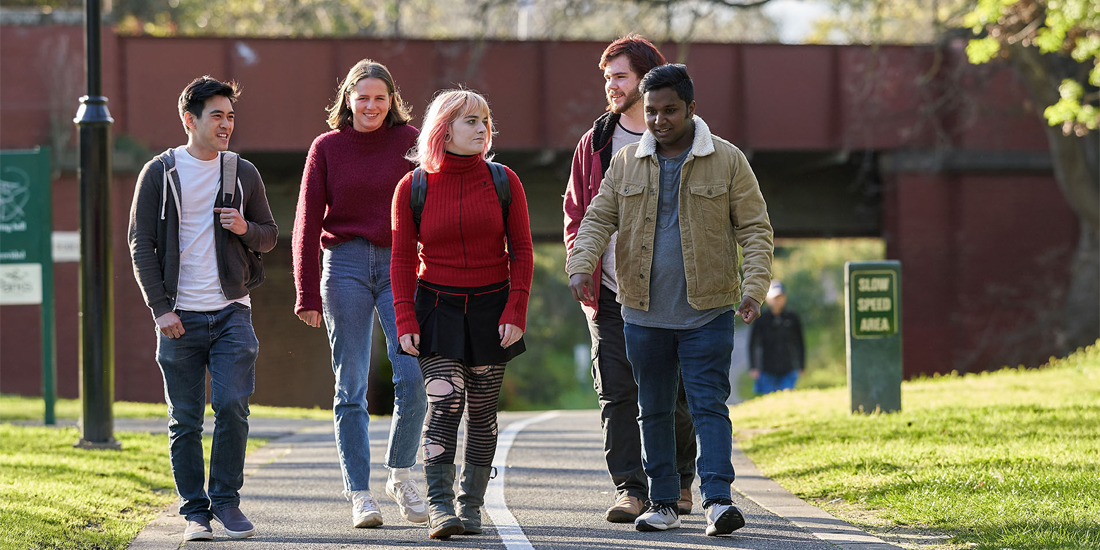
Written by Alexander Dalton, youth advocacy council member, headspace Werribee.
Allyship. It’s something we, as a society, talk about a lot. Especially in relation to the LGBTIQ+ community. But what exactly is good allyship? And how do we practice it?
An ally is defined as someone who sides with or supports. Allyship is the practice of emphasising social justice, inclusion, and human rights by members of an in-group, to advance the interests of an oppressed or marginalized outgroup. There is a difference between practicing good allyship and performative allyship. The latter is generally described as tokenistic, there are actions made to ‘support’ the community, but they aren’t necessarily meaningful or taken seriously. For example, bringing someone in to speak about issues within the community or educate people in the workplace without ever taking action on what’s been said.
That is not to say that you shouldn’t have people speak about issues and tell their stories, that’s important - vital, even. However, if there’s a call to action, it should be undertaken to the best of your ability. Now, how do we do that? Well, I’m glad you asked.
- Listen. Understanding the issue is a crucial part of being able to combat it effectively. Even if there isn’t an issue to combat, listening and understanding is a big part of allyship. It shows that you care. You don’t have to know exactly where someone is coming from or how they feel, but listening and having a constructive conversation about it will get you closer than you were before.
- Ask questions. Appropriate questions. If you don’t understand something, ask - within reason. Make sure the person you’re asking is open to answering questions. Everyone is different. Before asking something, ask yourself ‘Would I feel comfortable if someone asked this question to me? If the answer is no, don’t ask. Also consider why you want to know that information. If it’s simply curiosity, try a Google search first. LGBTIQ+ individuals are not walking dictionaries or encyclopaedias. A lot of us can only speak from our own experiences.
- Give us a platform. Don’t speak over us, don’t take over our voices. Whilst your support is wonderful and appreciated, you can’t take over and tell us, or society, what’s best for us. Elevate our voices and give us the means to tell our stories, don’t do it for us.